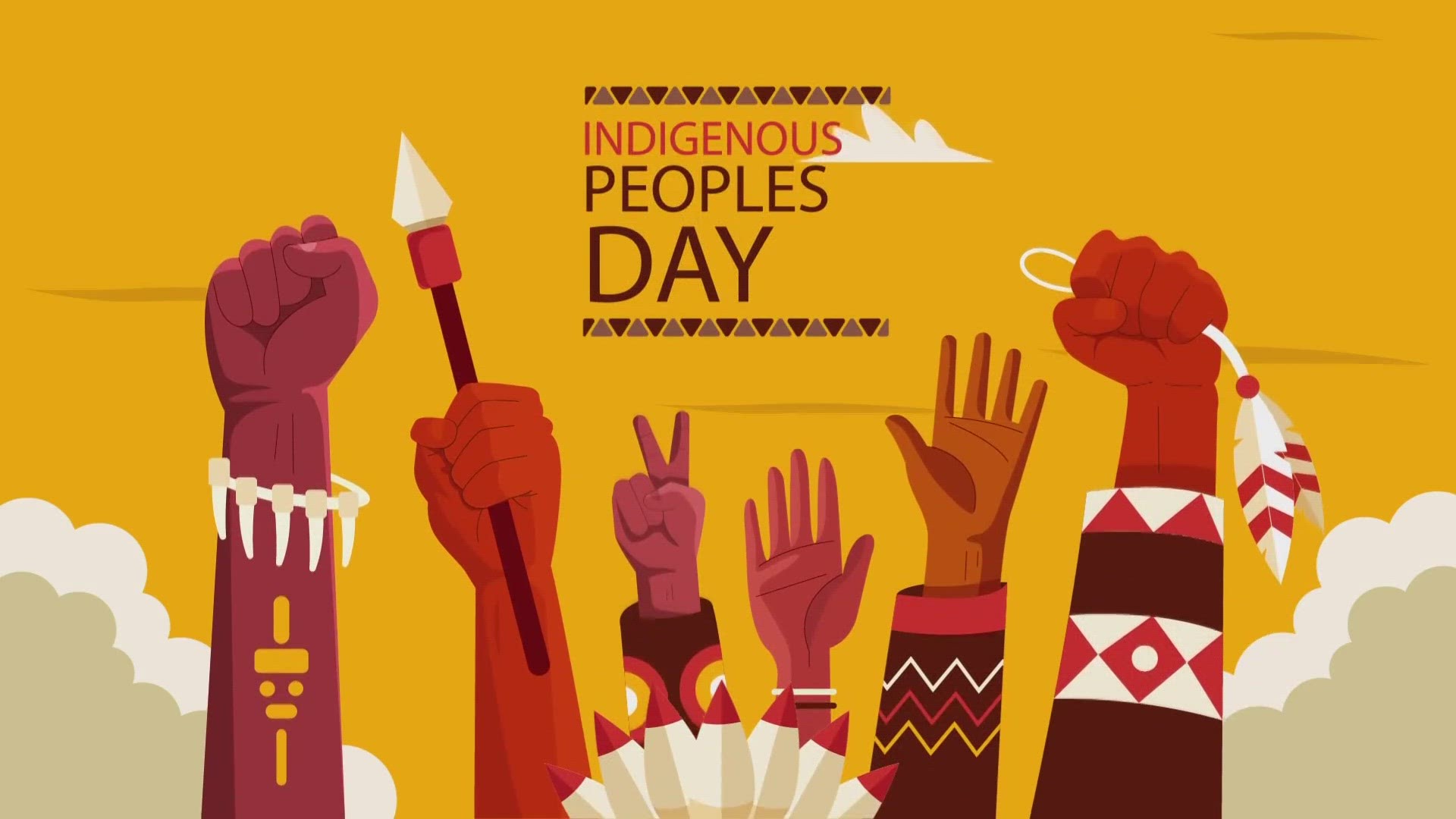TEXAS, USA — States across the U.S. are celebrating Indigenous Peoples' Day, while others are recognizing the holiday as Columbus Day.
Columbus Day is meant to celebrate the anniversary of Christopher Columbus's arrival in the Americas. This changed in 2021 when President Joe Biden issued the first-ever presidential proclamation of Indigenous Peoples' Day.
Now, Columbus Day seems to be fading away as a widely observed holiday, with some states and local governments choosing not to observe it.
Some argue Columbus is not the appropriate person to celebrate, partly because he was not the first European to arrive in America. So, who was?
THE QUESTION
Was Christopher Columbus the first European to discover America?
OUR SOURCE
THE ANSWER
No, Christopher Columbus did not discover what is now the United States of America, but he did arrive in the Bahamas, which is part of North America.
WHAT WE FOUND
For some, it might be a straightforward answer because of what we were taught in school.
"We talk a lot about the famous moment when Christopher Columbus, as we all learned in elementary school, sailed the ocean blue," Harkema said. "My students remember the year 1492 not only for that reason but for many others."
Harkema says Columbus never actually came to the land now known as the United States.
"It depends on the definition of America, right? Of course for Latin people who study Latin America, the Americas is a broad term, but Columbus never arrived at a place that was known as what is now the United States. He mostly spent time in the Caribbean."
Columbus actually arrived in the Bahamas on Oct. 12, 1492.
"He was convinced to the end of his life that he had actually arrived in Asia," Harkema added. "A lot of his writings during his own life, are spent on him defending his own plan to find a new route to India."
And Columbus was not the first person to arrive when he landed on foot.
"Indigenous peoples were here first and they were in there across both American continents creating very diverse societies," Harkema said.
That's why there is now a nationwide push to refocus the holiday to Indigenous Peoples' Day, a day to honor the culture and history of the people living in the Americas both before and after Columbus's arrival.
"I think the change to a day celebrating indigenous people says a lot about the ways in which we value the perspective, the diversity and the strength of indigenous peoples that are things that Spanish colonizers in different moments weren't really able to recognize," Harkema said.
If you have something you would like verified, email verify@kcentv.com or sdishon@kcentv.com.
More stories by Verify reporter Sydney Dishon:

